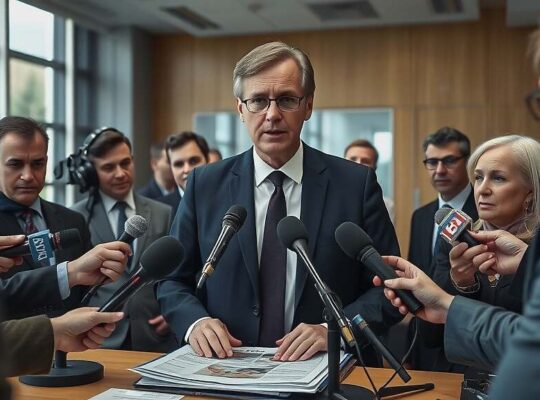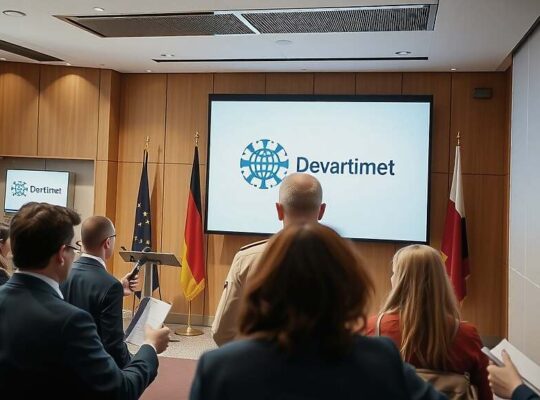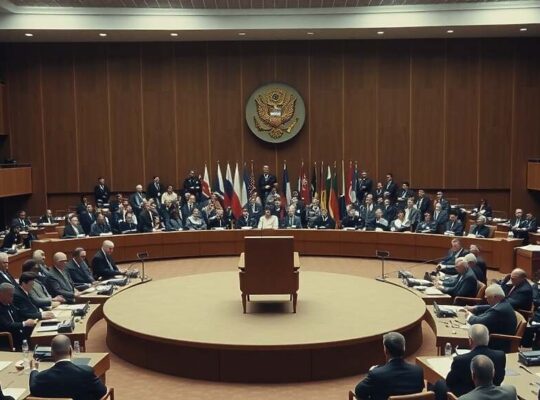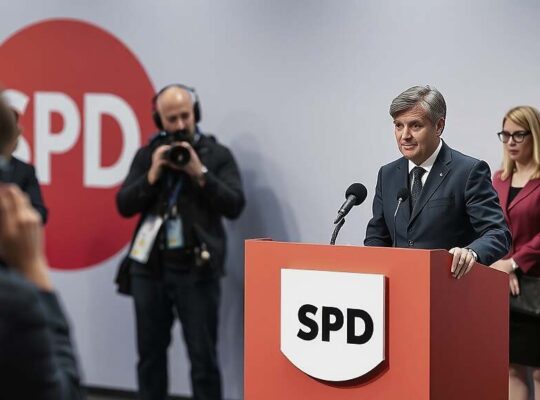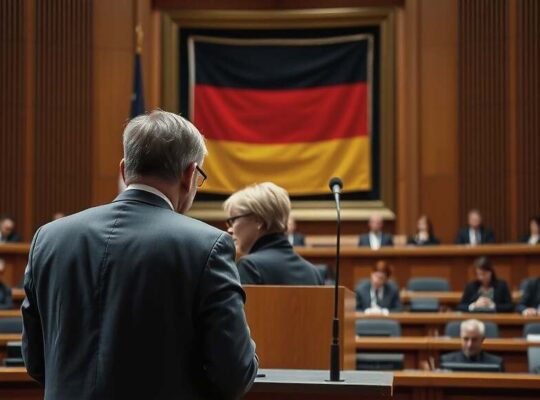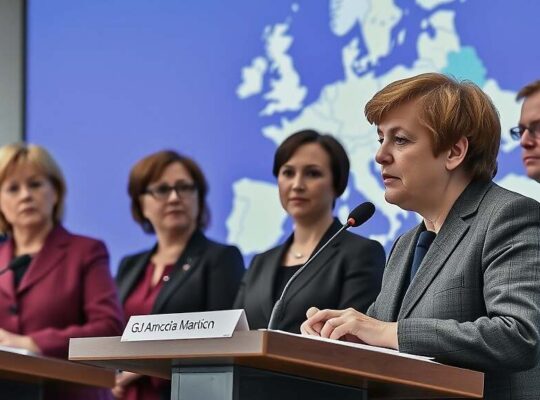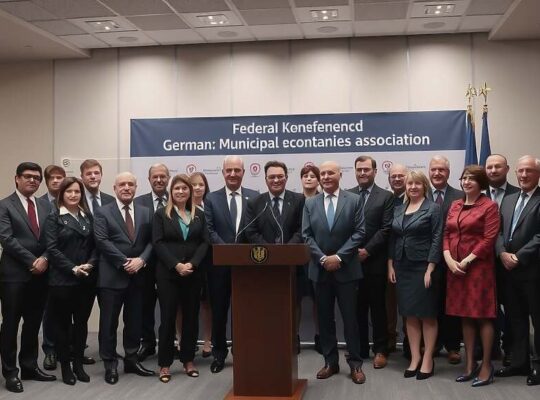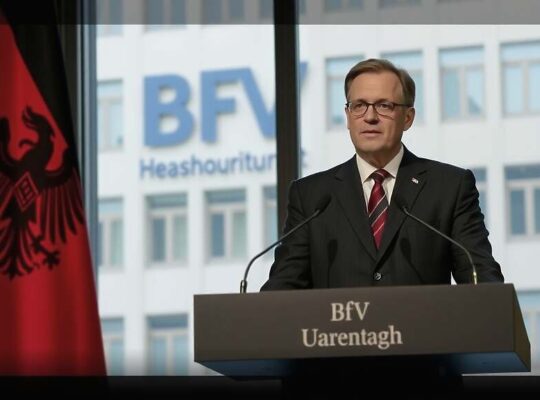The European pharmaceutical sector faces a critical juncture, with a looming reliance on China and India posing significant economic and geopolitical risks, according to EuroAPI, a leading European active pharmaceutical ingredient (API) manufacturer. David Seignolle, CEO of EuroAPI, cautioned in an interview with Handelsblatt that inaction could have profound consequences for the industry’s future resilience.
The current landscape reveals a concerning dependency: approximately 80% of the APIs utilized within Europe originate from China and India. This concentration of production in specific geographic locations creates vulnerabilities exposed by supply chain disruptions, fluctuating political climates and potential trade tensions. Seignolle highlighted the financial strain this dependency places on European generic drug manufacturers, arguing that EuroAPI’s own products are increasingly priced out of the market due to the cost of imported materials. Even within EuroAPI’s own operations, a significant portion – roughly 50% for its Frankfurt facility – relies on raw materials sourced from Asia.
The warning echoes concerns previously voiced by EU Health Commissioner Oliver Varhelyi. While acknowledging the current economic advantages of sourcing from Asia, Varhelyi emphasized the inherent security risks associated with such a concentrated supply chain. The issue transcends purely economic considerations, delving into strategic autonomy and national security implications for the European Union.
EuroAPI is now calling for decisive action, primarily through enhanced financial incentives and governmental support to bolster domestic API production within Europe. This includes not only attracting investment in new manufacturing facilities but also fostering innovation in process technologies to enhance efficiency and competitiveness. Critics argue that while the current EU framework provides some support, it falls short of addressing the scale of the problem. The call for increased funding is likely to spark debate within the European Commission, particularly concerning the allocation of resources and the potential impact on other sectors.
The situation represents a pivotal moment for the European pharmaceutical industry, demanding a conscious shift away from over-reliance on external sources and a strategic reinvestment in European-based production capabilities to safeguard health security and bolster long-term economic stability. The effectiveness of the response will determine whether Europe can regain control over a vital component of its healthcare infrastructure.




